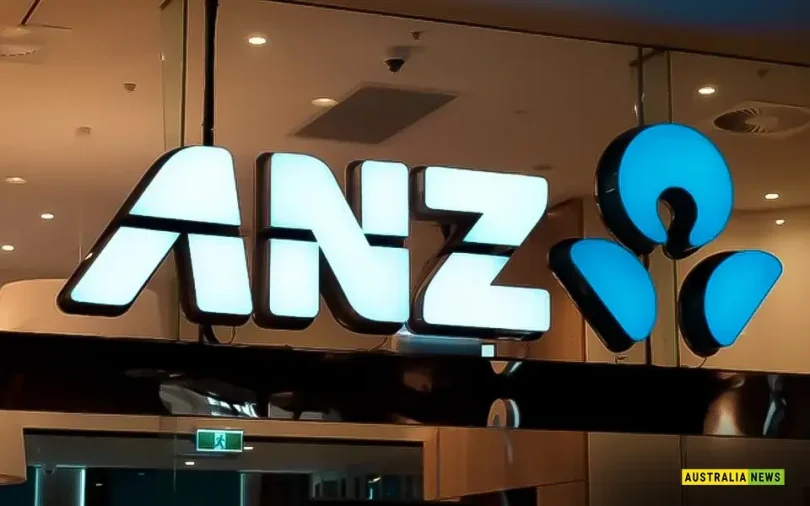According to a shocking report by the Australian Securities and Investment Commission, or ASIC, more than $25 million would be returned to low-earning Aussies after being overcharged by four banks.
In the report titled Better Banking for Indigenous Consumers, the commission found ANZ, Bendigo and Adelaide Bank, Commonwealth Bank, and Westpac kept more than two million low-income Aussies in high-fee accounts while relying on Centrelink payments.
$24.6 million of the $28 million that will be repaid will be given back to clients who are receiving ABSTUDY payments. ABSTUDY provides services to apprentices and students who are Aboriginal or Torres Strait Islander, as well as individuals who live in regions with a greater than average Indigenous population.
Many were maintained in these high-fee accounts because, according to the research, the banks had “opt-in” procedures that required clients to choose the proper low-fee alternatives actively.
According to ASIC Commissioner Alan Kirkland, the banks’ procedures that primarily hampered clients in rural and regional regions put these clients through undue financial stress.
“Banks knew that many of these customers on low-incomes were in inappropriate high-fee accounts, and it has taken ASIC’s intervention to force them to act,” he stated.
“Before our review, most banks only provided their customers with difficult ‘opt-in’ processes for switching to low-fee banking options, including forcing some consumers to travel hundreds of kilometers to their nearest bank branch.”
After disclosing to the banks the main conclusions of its investigation in July 2023, they have moved over 200,000 qualified clients into low-cost accounts, saving an estimated $10.7 million annually going forward.
While he applauded the anticipated $28 million that Australians will receive back in their wallets over the next 12 to 18 months, Mr. Kirkland demanded more to make sure that this problem did not arise again in the future.
“This is the second report from ASIC in the last two months that highlights where banks have failed to put customers’ needs at the heart of their operations,” he continued.
“It highlights the impact the banking system can have on Australians. Fair banking services for all Australians, including those on low incomes or located in regional or remote areas, are critical for our financial system.”
Dishonor fees, overdraw fees, and account maintenance costs devastated many consumers, depleting their little money.
In a case study, ASIC described how an ABSTUDY beneficiary named Mali received a refund of almost $3,382—the equivalent of a full year’s worth of overdraw fees—because of the experiment.
After her bank automatically transferred her account to a low-fee account, Caroline, a single mother in Hervey Bay, Queensland, on a caregiver’s stipend, received a refund of $4,220 for overdraw costs. Meanwhile, another ABSTUDY participant would receive $3,625 back in dishonor fees as a result of the experiment.
Mr. Kirkland demanded that banks make it easier for low-income clients to switch to more suitable bank types.
“Banks need to ensure they have systems and processes in place so customers on low incomes can easily transition to low-fee accounts, regardless of their location,” he said.
“We expect all banks—not just those we reviewed for this report—to consider these findings, improve the accessibility and distribution of low-fee accounts, and commit adequate resourcing to specialist First Nations services.”
- Published By Team Australia News








